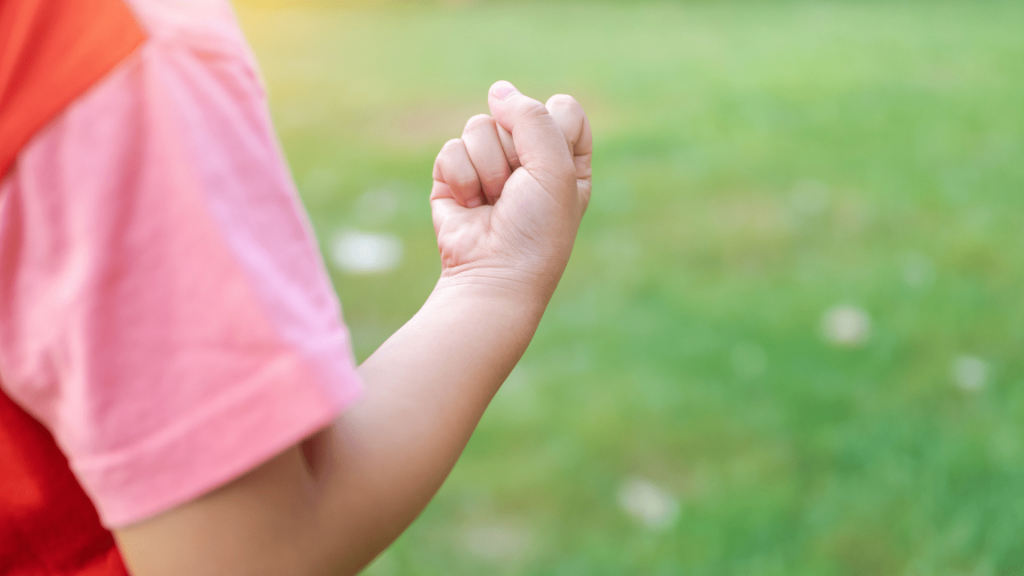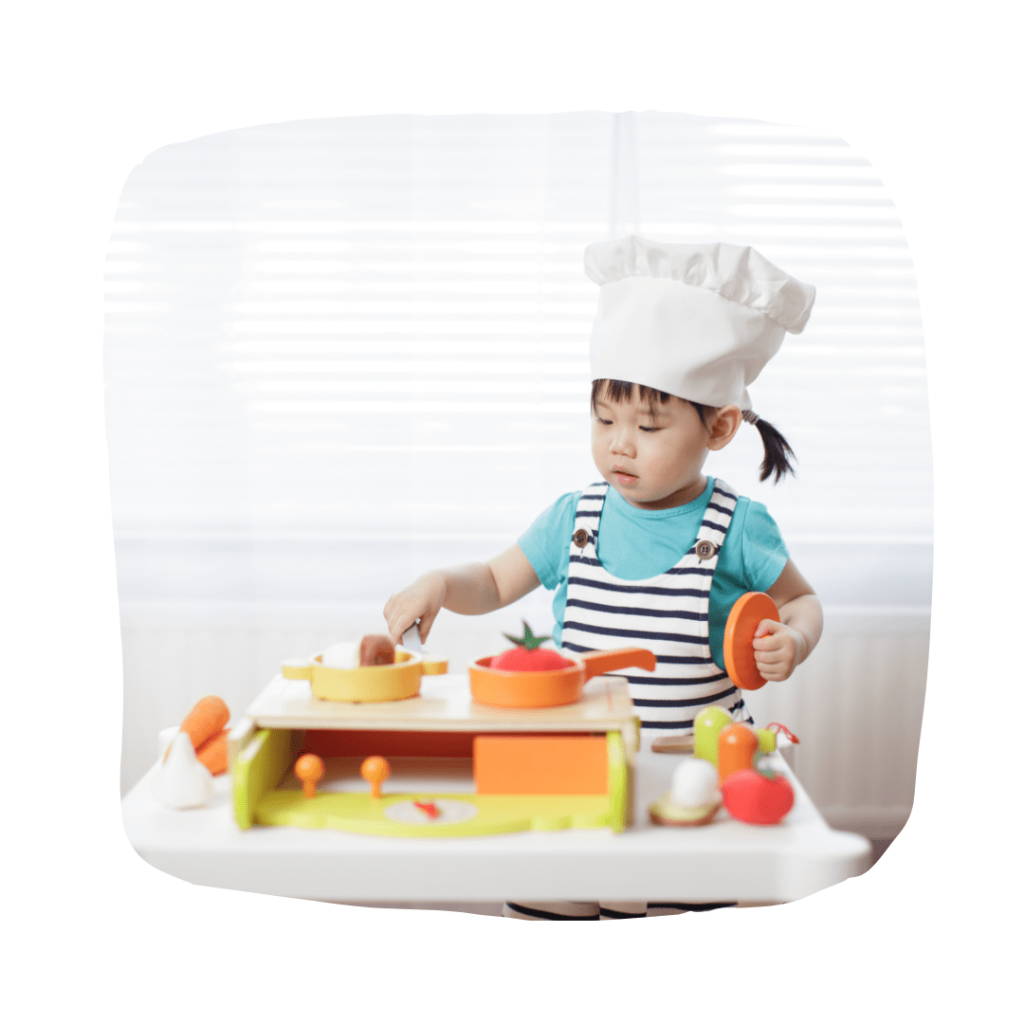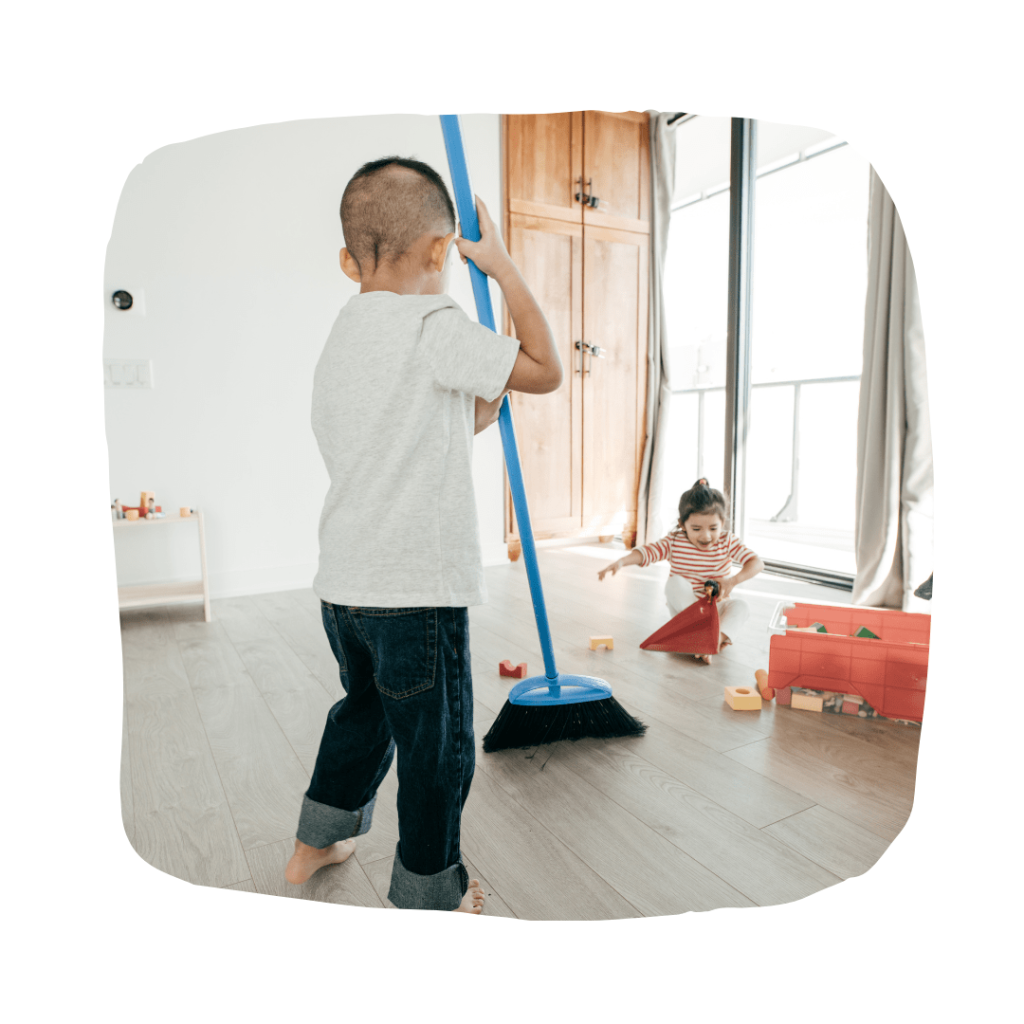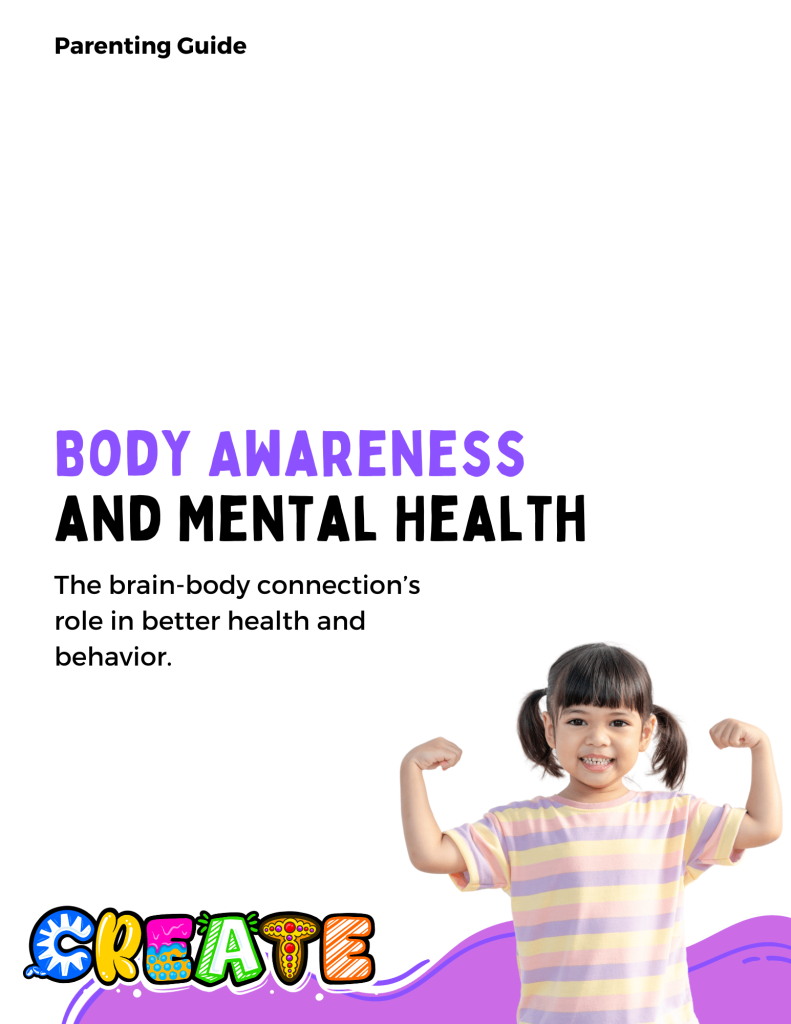Nervous system education for mental health means we bring mindfulness down into the body.
The results mean:
- a child understands how an emotion feels physiologically so they sit with an emotion, instead of automatically react.
- a child can make better decisions in the moment so they get into less trouble or maximize opportunities.
- a child retains less trauma in the body, understands what trauma looks like when being re-experienced and feels empowered through body-based skills to work through it.

Making Chores Fun and Teaching Life Skills:
By incorporating practical play into daily tasks, parents can transform routine activities into exciting learning experiences. Simple activities like sorting laundry, setting the table, or watering plants can become engaging games that teach children valuable life skills. For instance, you can turn folding laundry into a matching game where your child pairs socks or sort different-colored clothes into separate piles.
By involving children in household activities, they learn responsibility, develop fine motor skills, and gain a sense of accomplishment. These practical games promote problem-solving, enhance cognitive abilities, and boost their self-esteem. Additionally, they create a sense of teamwork and cooperation within the family, fostering a positive environment for learning and growth.
Unlocking the World of Learning:
Educational toys are specifically designed to stimulate a child’s cognitive, physical, and social development. These toys not only provide entertainment but also encourage problem-solving, creativity, and critical thinking. From building blocks to puzzles, each toy offers unique learning opportunities that contribute to a child’s overall development.
Building blocks, for example, improve fine motor skills, spatial awareness, and logical thinking as children construct various structures. Puzzles enhance problem-solving abilities, hand-eye coordination, and cognitive skills as children manipulate and fit different pieces together. Educational toys serve as powerful tools that facilitate learning through hands-on exploration, encouraging children to think independently and actively engage with their surroundings.

Fun with Purpose:
Children’s games serve as an excellent medium for learning and reaching developmental milestones. Whether it’s imaginative play, board games, or interactive apps, these games provide valuable educational experiences that children can enjoy. Let’s explore a few examples:
Imaginative Play: Through role-playing, children develop social skills, emotional intelligence, and language abilities. Setting up a pretend kitchen, playing “house,” or creating a puppet show stimulates creativity, encourages problem-solving, and enhances communication skills.
Board Games: Classic board games like Snakes and Ladders, Memory, or Scrabble promote critical thinking, numeracy, literacy, and strategic planning. These games teach children valuable lessons in turn-taking, patience, and good sportsmanship while challenging their intellectual abilities.
Developmental Benefits: Backed by Studies
Research has consistently shown the positive impact of playing with children on their development. Two notable studies highlight the benefits:
A study published in the Journal of Child Psychology and Psychiatry found that parental play interactions positively influenced children’s cognitive and socio-emotional development. Active engagement and positive reinforcement during play were associated with improved language skills, social competence, and emotional regulation.
Another study conducted by the American Academy of Pediatrics revealed that pretend play, specifically imaginative play, facilitates children’s development of creativity, problem-solving, and social skills. It enhances their ability to think symbolically, promotes empathy, and boosts their self-confidence.


This guide explains how the nervous system impacts emotional regulation and teaches you 3 ways you can cope with your child.
Children’s games and educational toys are not just sources of entertainment; they play a pivotal role in a child’s growth and development. Practical play transforms routine activities into engaging learning experiences, teaching valuable life skills and making chores fun. Educational toys provide hands-on learning opportunities that foster cognitive, physical, and social development. By incorporating skill promoting toys you can make fun a more practical activity. Check out some of our recommendations and review our resources by visiting our Practical Play Guide.
